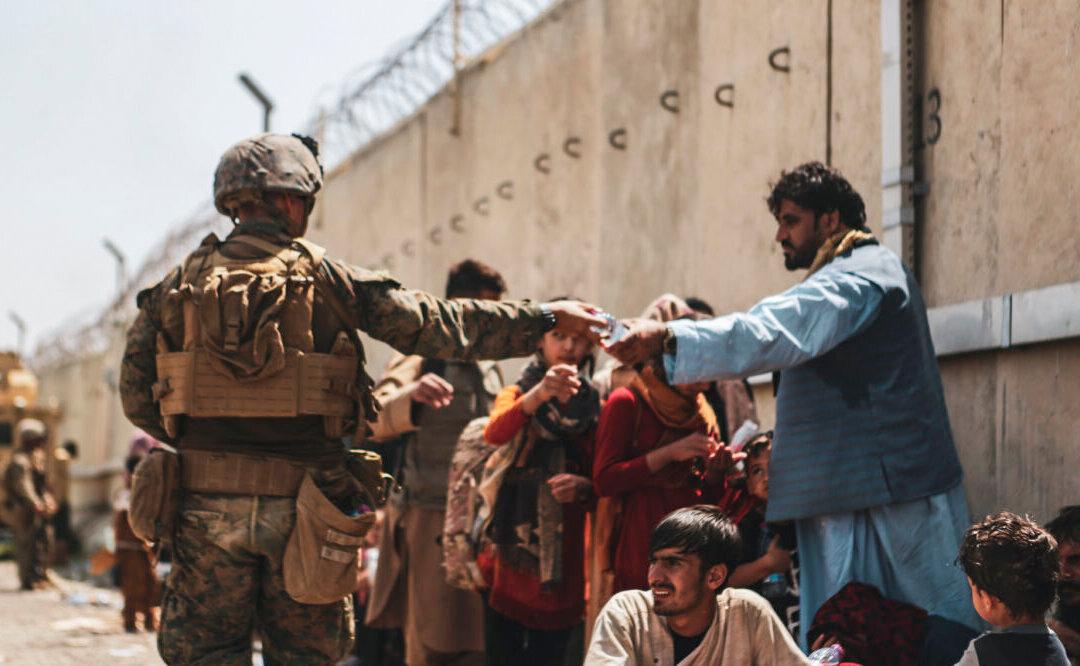Commentary
America’s failure in Afghanistan isn’t limited to a botched withdrawal. It also involves a war that was botched over 20 years. Remember that at the time of 9/11 the Taliban ruled Afghanistan. Shortly thereafter, the U.S. military expelled them from power. Now they’re back in Kabul, and they have renamed their country the “Islamic Emirate of Afghanistan.” America’s war on terror has clearly failed.





